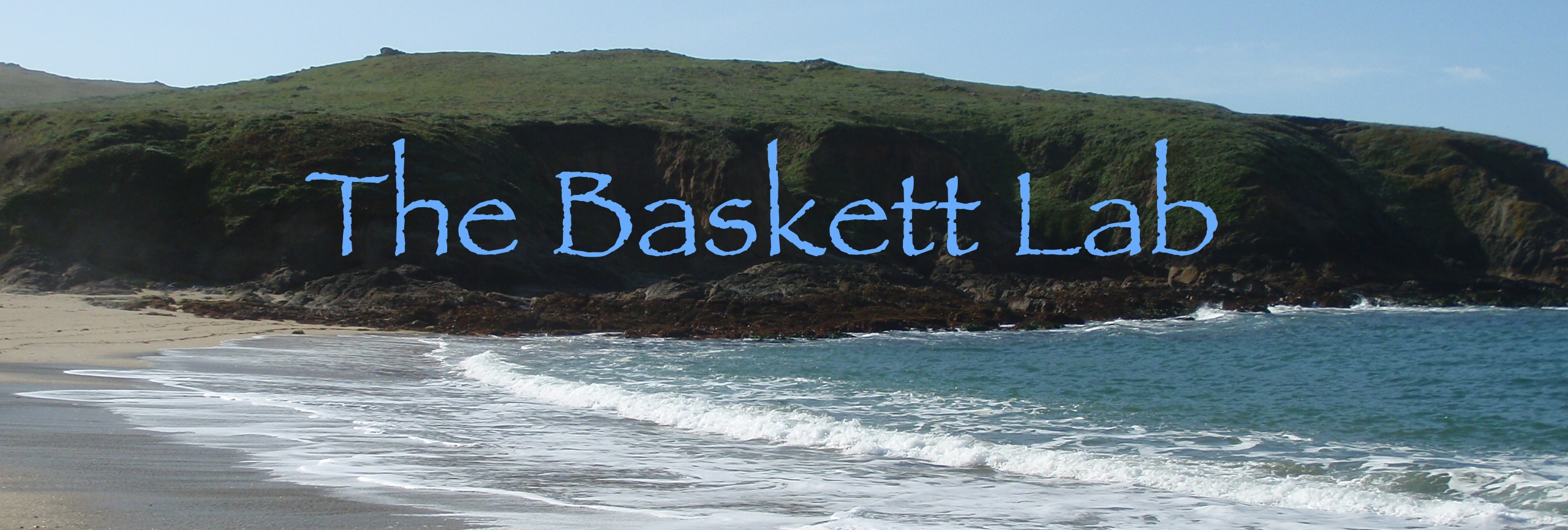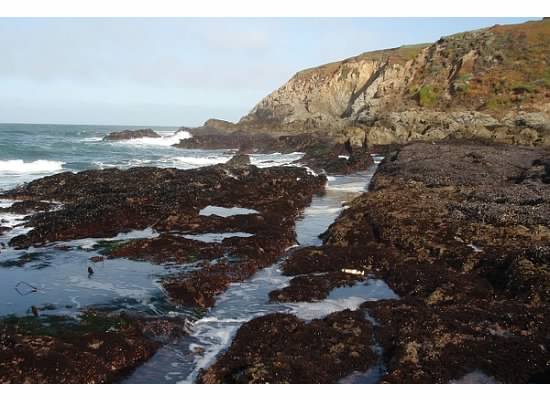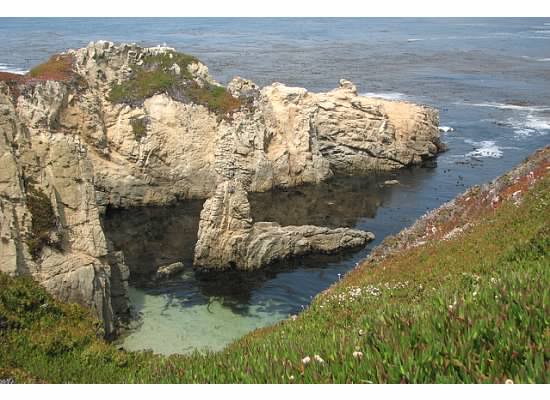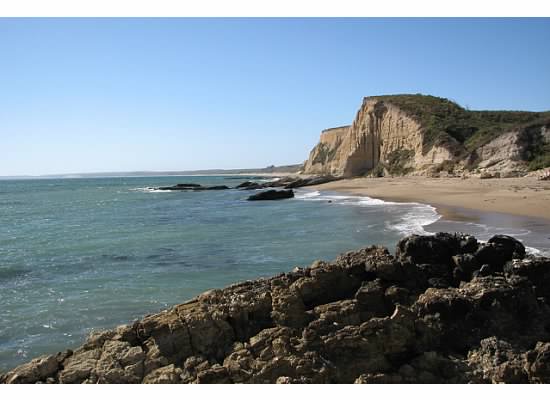Considering applying to graduate school and potentially interested
in our lab group? The Baskett Lab might be a fit for you if:
- You are interested in
dynamical modeling as your primary methodology (i.e.,
using mathematical modeling and computer simulations).
This might entail a primarily theoretical thesis with one
empirical (field or lab) project for a thesis chapter, which is
a great way to place theory in context and integrate data and
models; pursuing such a project will require the student to seek
out a secondary mentor who has the empirical expertise to
provide the relevant guidance. For students who are
pursuing primarily empirical theses on topics related to the
research in our group, including those who are potentially
interested in incorporating a theoretical project, I better
serve as a secondary rather than primary mentor. UC Davis
is a highly collaborative institution, with a plethora of
ecologists and evolutionary biologists across many departments,
where shared mentorship is common.
- You are interested in
questions at the interface of basic and applied science.
While projects in our lab include a broad array of topics in the
areas of theoretical population, community, and evolutionary
ecology, a primary focus is the application of this ecological
theory to conservation management, where we look to advance
both, particularly (but not exclusively) in marine
systems. For more details on current members and research
topics, please visit the research page
of this site.
- You are interested in
pursuing an independent thesis. My goal is to
mentor lab members towards research independence as future
colleagues (whether in academia, government agencies, NGOs, or
other sectors). Given that a PhD is an approximately
five-year commitment focused on research, which is quite
different from undergraduate learning, having research
experience before pursuing a PhD is crucial to knowing whether
or not graduate school is a good fit for you.
Undergraduate research can be a way to gain this experience, or
taking time off between undergraduate and graduate school to
explore different areas of research is very common in the field
of ecology. If you're looking for such experience, the
Ecological Society of America's Physiological Ecology website
lists positions (in all subfields in ecology) at the undergraduate,
internship, and technician
levels, and the Ecolog
listserv includes position postings among other ecological
topics.
- You are a team player.
Our
lab members use similar quantitative tools in theoretical
population biology to address a variety of ecological and
conservation questions in an array of different systems.
We look to create a supportive, collaborative atmosphere where
lab members learn from and help each other.
If you are considering applying to the lab, please email
me (mlbaskett(at)ucdavis.edu) with a CV and brief description of
your research interests. For prospective
graduate students, note that I accept students through the Graduate
Group
in Ecology and the Population
Biology Graduate Group. (Instead of graduate
students applying to a particular department, UC Davis has
cross-departmental graduate groups to promote student engagement
with faculty in multiple relevant departments.) Note also that I am
part of the graduate training program in Sustainable
Oceans:
From Policy to Science to Decisions that can accept students
from any relevant graduate group.
Our lab is dedicated to adhering to the UC
Davis Principles of Community and ensuring an atmosphere that
fully supports diversity, equity, and inclusion.
Graduate student advice resources
For advice on applying to graduate school, see:
Note that I maintain a resources page
for academic career development, focused on job
& grant resources, writing
& presenting advice, and theoretical
biology resources. Other comprehensive resources pages
that include advice on being a graduate student
are available at:
Relevant departments and programs at UC Davis
Environmental Science and
Policy
Wildlife, Fish, and Conservation
Biology
Evolution and Ecology
Coastal and Marine Sciences
Institute
Bodega Marine Laboratory
Marine Ecology, Economics, and
Policy
Center for Population Biology
John Muir Institute of the
Environment
Institute for Contemporary
Evolution |




